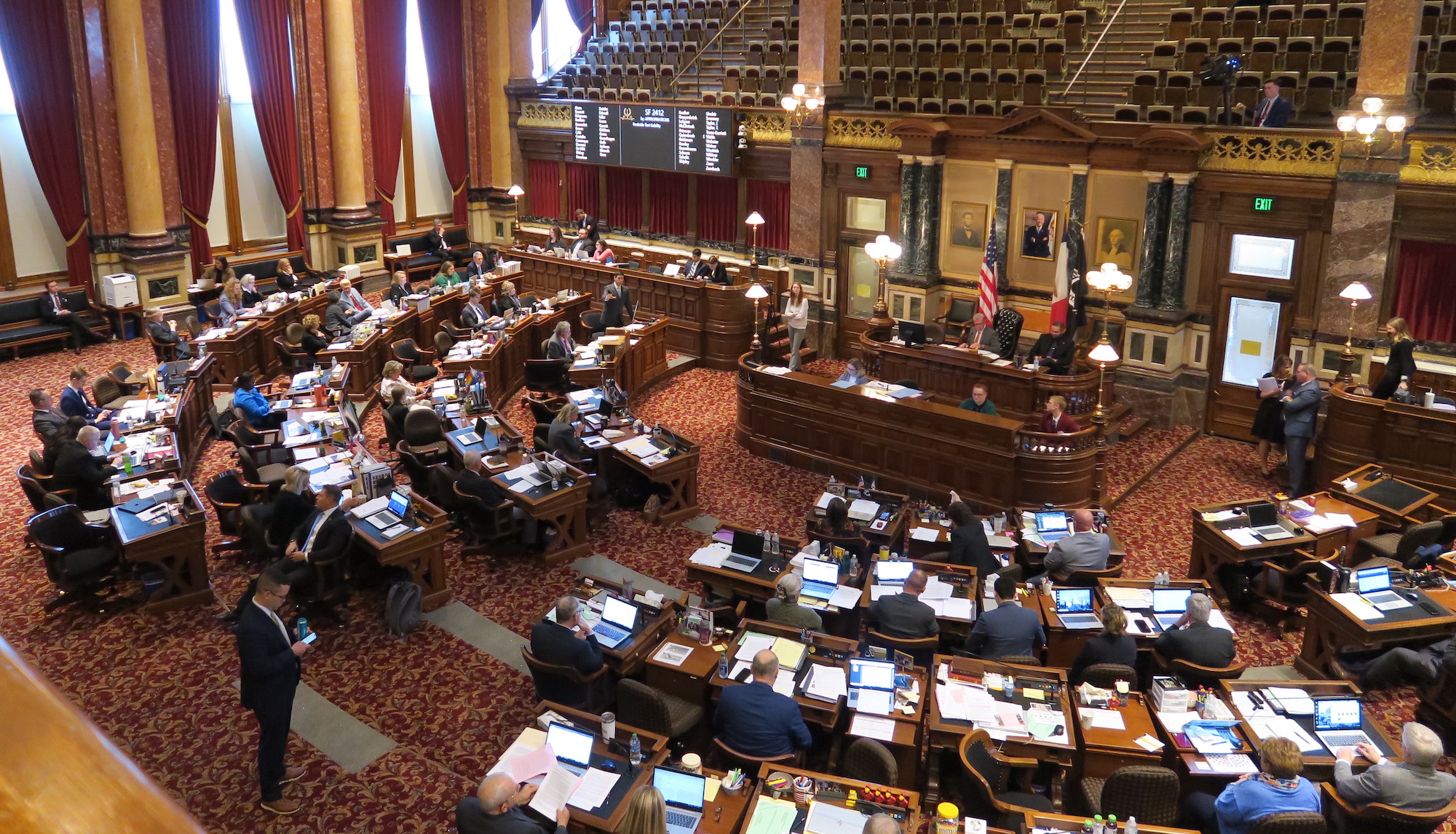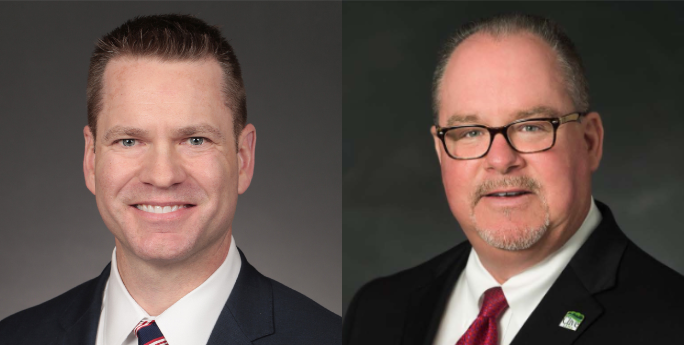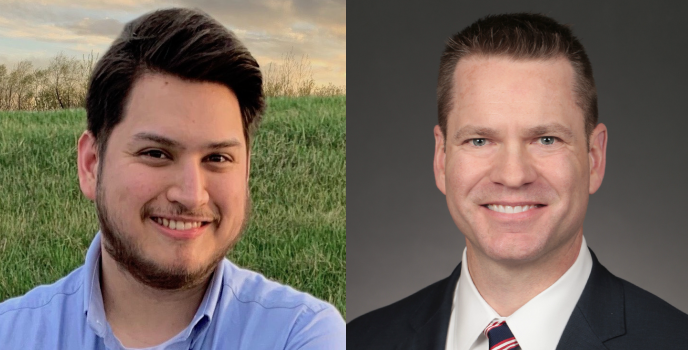Iowa legislators from both parties seem ready to approve the redistricting plan offered by the Legislative Services Agency on Thursday. Senate Majority Leader Mike Gronstal, whose Council Bluffs district barely changed, encouraged colleagues to take a “cold, hard look” at the map, since the second offering “may not be as good.” Senate Minority Leader Paul McKinley’s weekly e-mail blast spoke favorably about the redistricting process. Iowa House Majority Leader Linda Upmeyer, who was thrown into House district 8 with two other Republican representatives, said, “The next map might be something less desirable.” The Associated Press reported that “one of the potential rivals is retiring and the other laying plans to run for the senate.” House Minority Leader Kevin McCarthy described the map as a “a wash, with good and bad on both sides.”
Two factors are pushing lawmakers to accept the plan. First,
[Democratic legislative staffer Ron] Parker noted that 27 House members and 14 senators are paired under the proposed map. He says that’s about half the number tossed together the last two times the Legislature approved districts.
In 1991, 50 House members and 20 senators were paired and those numbers were 39 and 25 when lawmakers drew new lines in 2001.
Parker said Friday that many Republicans and Democrats assume there could be even more pairings if lawmakers reject the initial proposed map.
Second, Bleeding Heartland user ragbrai08 pointed out Thursday that the extremely low population variance between the Congressional districts leaves both parties “in the dark for the second map” and without credible ways to assert that the plan violates Iowa Code:
The LSA has taken away the option of playing the odds. There are maps with smaller pop dev, but with questionable compactness. The LSA can choose to go with a higher pop dev based on this. How do you play it? Do they go down or up? And which pattern is most likely to be chosen?
The difference between this and 2001 is that the first map last time had multiple credible options with lower pop devs. Based on pattern analysis, you could go and plead what you considered important based on arguments fitted to the Iowa Code.
If yesterday had been like 2001, the first map would have had a mean deviation of 155 persons. Instead they went low, real low. […]
If the LSA had put out a first map with a mean pop dev comparable to 2001 (after adjusting for larger districts), you would have had the opportunity to argue about what represents IA better: regionalized vs balanced, for example. By offering up a map right on the edge, that has largely been rendered moot.
I’m assuming rational actors are involved. You always have to ask the question, what are the odds of my situation improving? If you can’t answer that (and it is very difficult here), bird in the hand applies.
Assuming this plan becomes law, some incumbents will have hard choices to make. John Deeth collected news here about legislators making arrangements to avoid elections against each other. My current State Senator Pat Ward is ready to move to a different part of the Des Moines suburbs to run in the new Senate district 22 instead of against Democratic Senator Matt McCoy in the new district 21. She may have competition in the Republican primary, because former WHO talk radio personality Steve Deace lives in what would be district 22 and sounds interested. Shortly after leaving WHO this year, Deace indicated that he would consider running for the Iowa Senate.
In other Iowa news, today is the second anniversary of the Iowa Supreme Court’s Varnum v Brien ruling, which struck down the state’s Defense of Marriage Act. Gronstal blocked a vote on a constitutional amendment to overturn that ruling in the state Senate this year and will do so next year too. If Republicans gain control of the upper chamber in the 2012 elections, they would need to pass a marriage amendment in the legislature in 2013, hold both chambers in 2014, and pass the amendment again in 2015 in order to get the measure on a statewide ballot in November 2016.
The most depressing news I’ve seen this weekend relates to the ongoing disaster in Japan. The death toll from last month’s earthquake and tsunami could exceed 16,000. Authorities don’t have a solid plan for disposing of radioactive water used to cool reactors and spent fuel pools at Japan’s Fukushima nuclear facility. Now some of the radioactive water is leaking into the ocean, and the early attempts to stop the leaking have failed.
This is an open thread. What’s on your mind this weekend, Bleeding Heartland readers?
Continue Reading...













